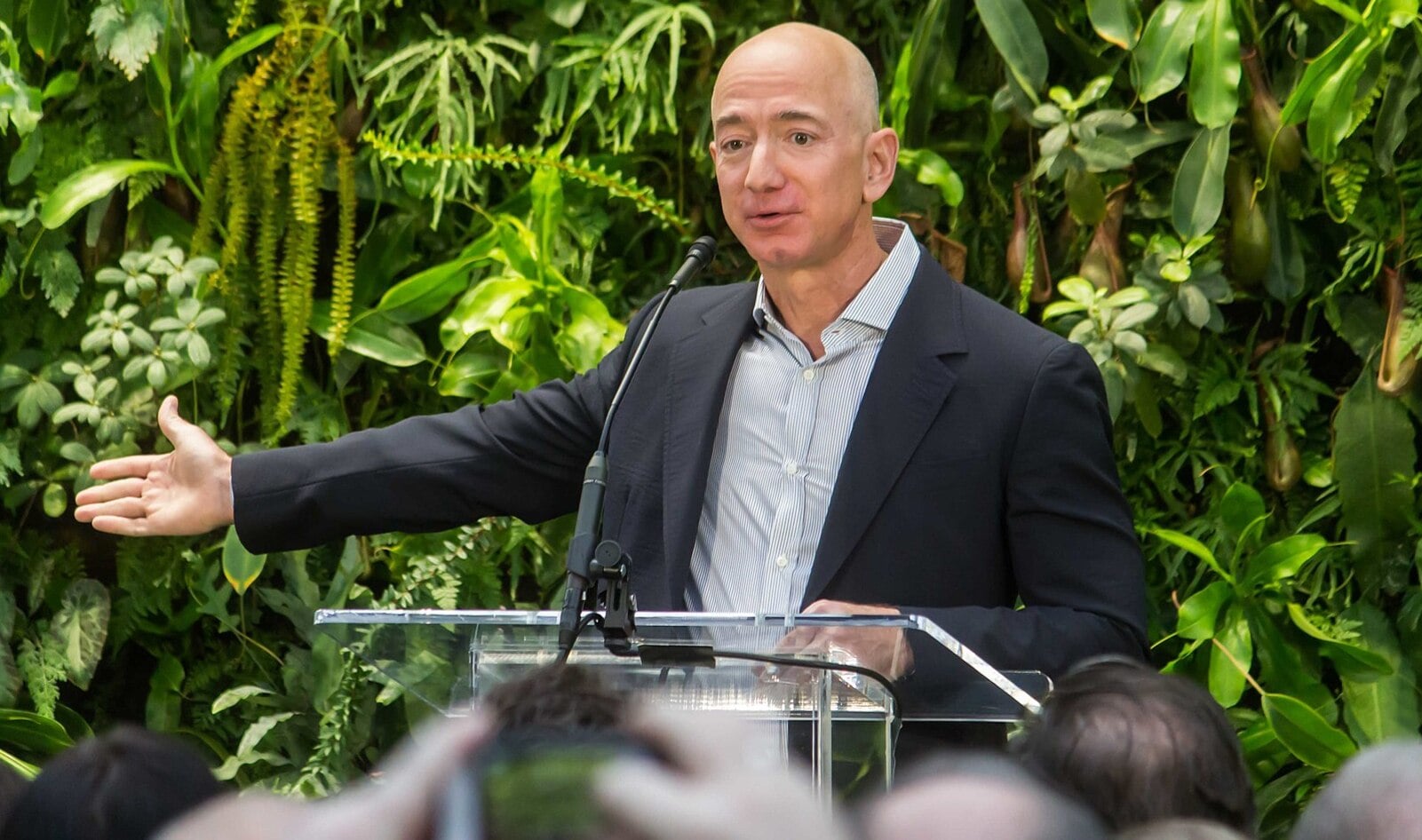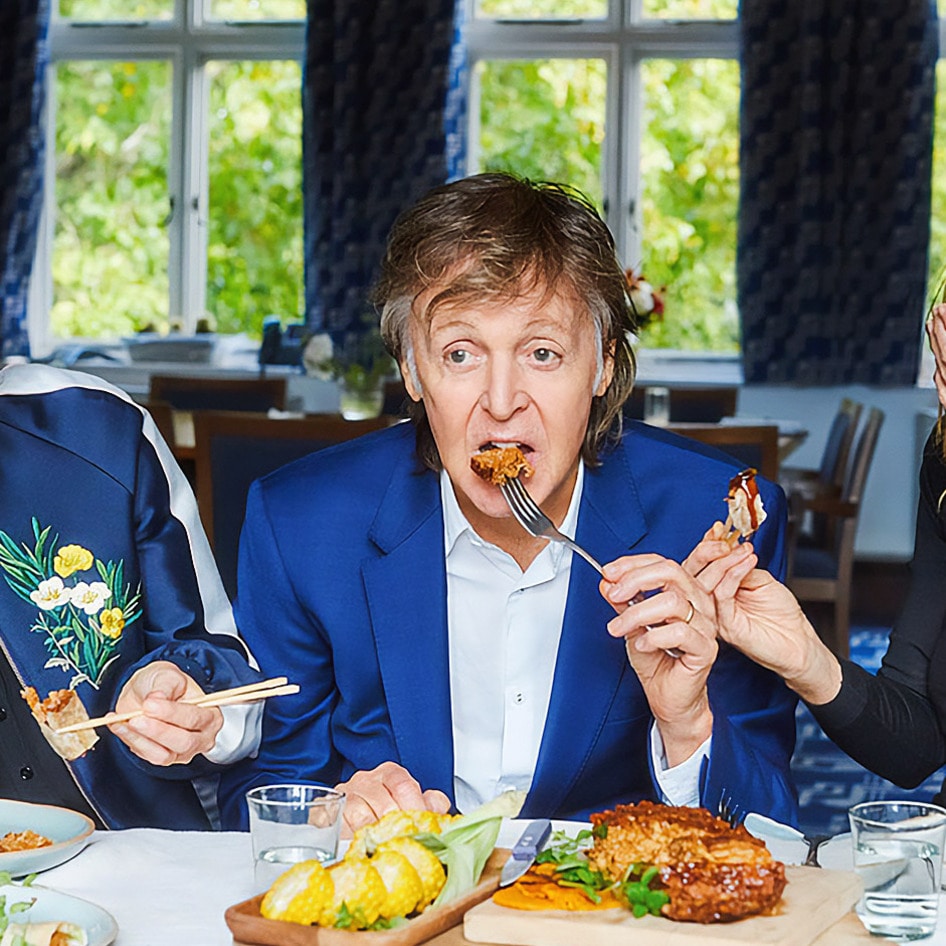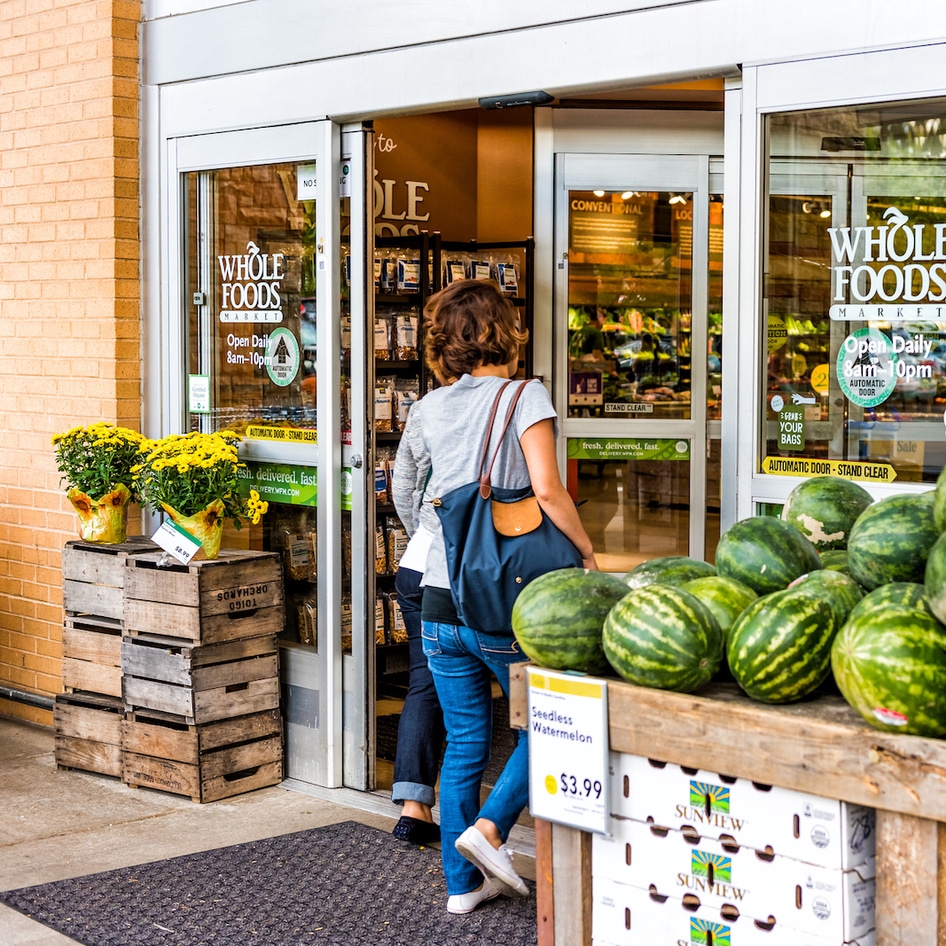In 2020, Jeff Bezos committed $10 billion to tackle the climate crisis by 2030. The billionaire Amazon founder and CEO said at the time that he wanted to “work alongside others both to amplify known ways and to explore new ways of fighting the devastating impact of climate change on this planet.” Now, via the Bezos Earth Fund, he’s committing $60 million of that $10 billion to advancing sustainable protein, including plant-based and cultivated meat.
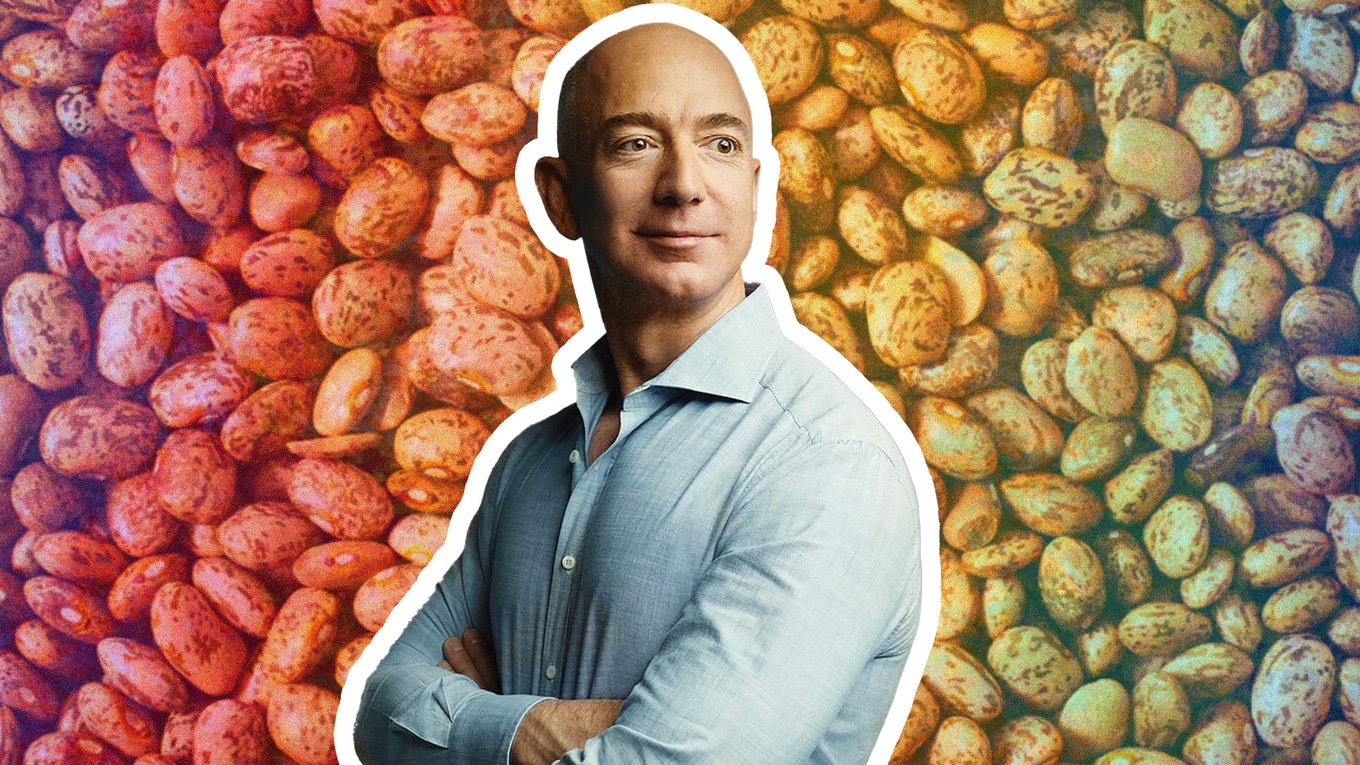
Right now, the food industry is not working. That’s an understatement. The food industry is a disaster. Livestock is responsible for 14.5 percent of global greenhouse gas emissions (for context, aviation is responsible for two percent), and it is a leading driver of deforestation and habitat destruction around the globe. In the last six years, more than 800 million trees in the Amazon rainforest have been cut down to make room for beef production.
This already makes for a catastrophic impact, but the impact of animal agriculture doesn’t end there. In 2021, one study linked air pollution generated by the meat industry with more than 12,000 deaths every year in the US. Another linked meat industry air pollution with 90,000 premature deaths in China.
Raising animals for meat also raises serious ethical concerns (more than 99 percent of US meat products come from factory farms), and it has also been linked with increasing the risk of future pandemics and deadly antibiotic resistance.
That’s why it’s imperative that we invest in changing the food system. Experts have called for a move away from meat. In 2022, researchers from the University of Bonn noted that unless the West reduces its meat consumption by 75 percent, it will be very hard to meet climate targets. “If all humans consumed as much meat as Europeans or North Americans, we would certainly miss the international climate targets and many ecosystems would collapse,” lead researcher Matin Qaim said at the time.
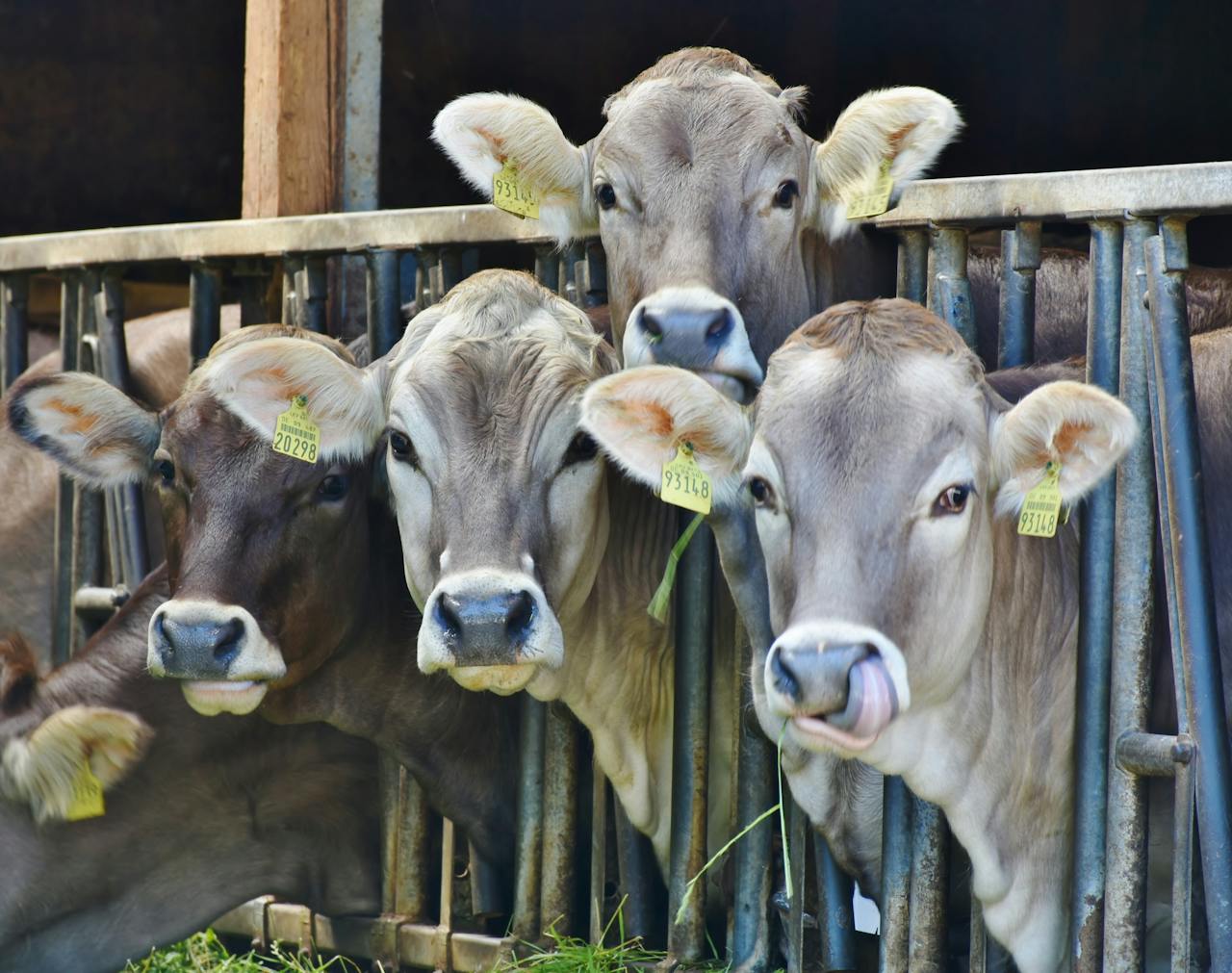 Pexels
Pexels
Accelerating the shift to sustainable protein
In a bid to accelerate the shift away from animals and towards cell-based and plant-based systems, the Bezos Earth Fund, which was set up in 2020 alongside Bezos’ funding announcement, has created the Centers for Sustainable Protein.
According to the Fund, the new center will “aim to target technological barriers to reducing cost, increasing quality, and boosting nutritional benefits of alternative proteins by advancing science and technology.”
The plant-based food industry is advancing quickly and is expected to exceed $162 billion by 2030, but the cultivated protein industry faces more barriers when it comes to growth.
Food-technology companies can now successfully grow slabs of meat and fish in the lab using just animal cells, and the FDA has given the process its nod of approval. The widespread availability of cultivated meat would eliminate the need for masses of factory farms, but only if the industry can overcome major issues with scalability and cost. In 2021, one analysis predicted that cultured meat will cost up to $23 per pound to produce, significantly more than conventional beef, which costs around $5 (or less) per pound.
But the Bezos Earth Fund is confident that with its new center and funding, it can overcome some of sustainable protein production’s biggest challenges.
“We need to feed 10 billion people with healthy, sustainable food throughout this century while protecting our planet,” Bezos Earth Fund Vice Chair Lauren Sánchez said in a statement. “We can do it, and it will require a ton of innovation. Our world is poised for transformation, for a future not constrained by compromise. Solutions to our greatest challenges often come from the quiet persistence of those willing to question, reimagine, and innovate.”
Transforming the food system
The $60 million allocation for the protein sector is part of the Fund’s wider $1 billion budget for food system transformation. It is also working on encouraging more people to consume plant-based whole foods, which, according to a growing body of research, are beneficial not just for the planet, but also for our health, too.
In January 2024, the U.S News & World Report named a plant-forward Mediterranean diet as the healthiest diet for the seventh year in a row. This way of eating emphasizes whole foods, greens, and beans. Last year, alongside ProVeg International and 39 other organizations, Bezos Earth Fund backed a campaign called Beans Is How. The global initiative is striving to double the consumption of beans around the world by 2028.
 Unsplash
Unsplash
“Beans really do tick all the boxes when it comes to providing nutritious, affordable, and climate-friendly meals for countries all over the world,” Jasmijn de Boo, CEO of ProVeg, said in a statement at the time.
Outside of food, the Bezos Earth Fund has also been working on funding restoration and conservation efforts. Earlier this year, for example, it announced it was partnering with the Jane Goodall Institute to advance conservation in the Congo Basin.
The Institute was founded by Dr. Jane Goodall, the world-renowned primatologist, anthropologist, and conservationist, particularly known for her pioneering work with chimpanzees.
“Jeff and I were privileged to experience the Congo Basin’s rich biodiversity and breathtaking beauty firsthand, which fueled our determination to protect it,” Sánchez said back in February. “Now, in collaboration with one of my personal heroes, the extraordinary Dr. Jane Goodall, we’re teaming up to help safeguard it now and for future generations. Simply put, the world can’t afford to lose the Congo Basin.”
Over the next few years, the Bezos Earth Fund will also be working on decarbonizing steel and cement, making crop yields more drought-resistant, and empowering indigenous groups around the world. “The goal must be to make positive change irresistible and unstoppable,” it notes.
For the latest vegan news, read:
JUMP TO ... Latest News | Recipes | Guides | Health | Subscribe

